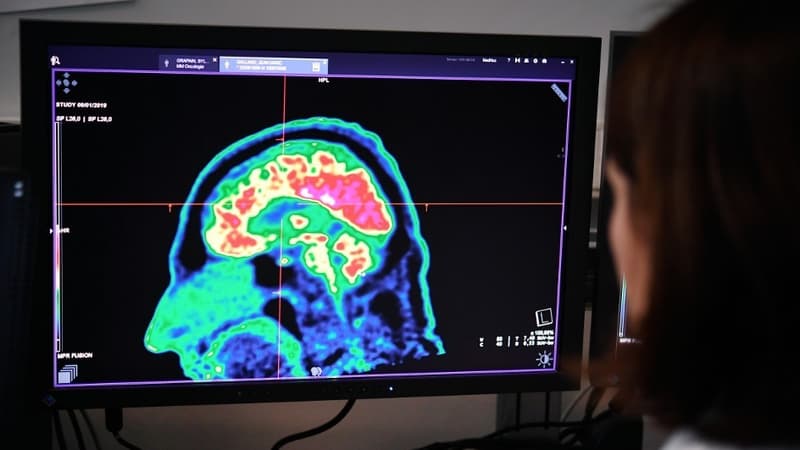An encouraging study. French researchers are trying to treat depression using ultrasound and show “promising results,” reports a press release from the National Institute for Medical and Medical Research (INSERM) on Monday, May 5.
Depression is a psychic disease that affects “one in five people in their life.” “The characterized depressive episodes are the most frequent mental disorders in the world,” said Inserm and suicidal risk is “responsible for several thousand deaths per year in France.”
According to a French public health barometer, 12.5% of adults aged 18 to 85 interviewed in 2021 said they had experienced an episode of depression characterized. A greater number since 2017.
If pharmacological treatments for depression have progressed, are not enough to deal with the disease. A third of patients do not respond enough to antidepressants who also have a period of action of several weeks.
“A leader technological advance”
With a faster therapeutic approach, scientists had already tried in the past in the brain stimulation of the regions involved in depression. But so far, this stimulation required an implantation of intracerebral electrodes. “An invasive procedure associated with a significant neurosurgical risk, which limits its accessibility to a small number of patients,” says the Inserm.
In the study conducted by researchers and doctors from Ghu Paris, Inserm, CNRS, Paris Cité University and Espci Paris-PSL and published on April 29 in Brain Stimulation Medical Review, a new method is presented after 25 years of research. This is the use of “acoustic lenses that concentrate ultrasound with unprecedented precision.”
These lenses, “manufactured in a unique and personalized way for each patient”, allow ultrasound to “compensate for the distortions of induced ultrasonic waves when crossing the cranial box,” explains the insertm. Without these lenses, the irregularity of the thickness of the skull can divert ultrasound and limit its ability to reach the target area.
“The ultrasonic transcranial stimulation of the precision thus obtained represents a leading technological advance in the field of personalized medicine and neuroscience,” welcomes the institute.
Before adding: “It allows the first time to stimulate in a directed, precise and not invasive way the deep brain structures (…) with a transportable device.”
Other necessary studies
For five days, this ultrasound treatment was tested in five people with severe and drug resistant depression. On the fifth day of the protocol, the severity of depression was reduced on average in more than 60%. Inserm also points out “the absence of a serious adverse event” and the absence of pain or discomfort that patients feel during the sessions.
However, this study is not enough. “Although the results are encouraging, they must be interpreted with caution, because it is a first security study on a limited number of patients and without a placebo group,” the researchers said. Other studies on larger cohorts are planned.
Source: BFM TV


